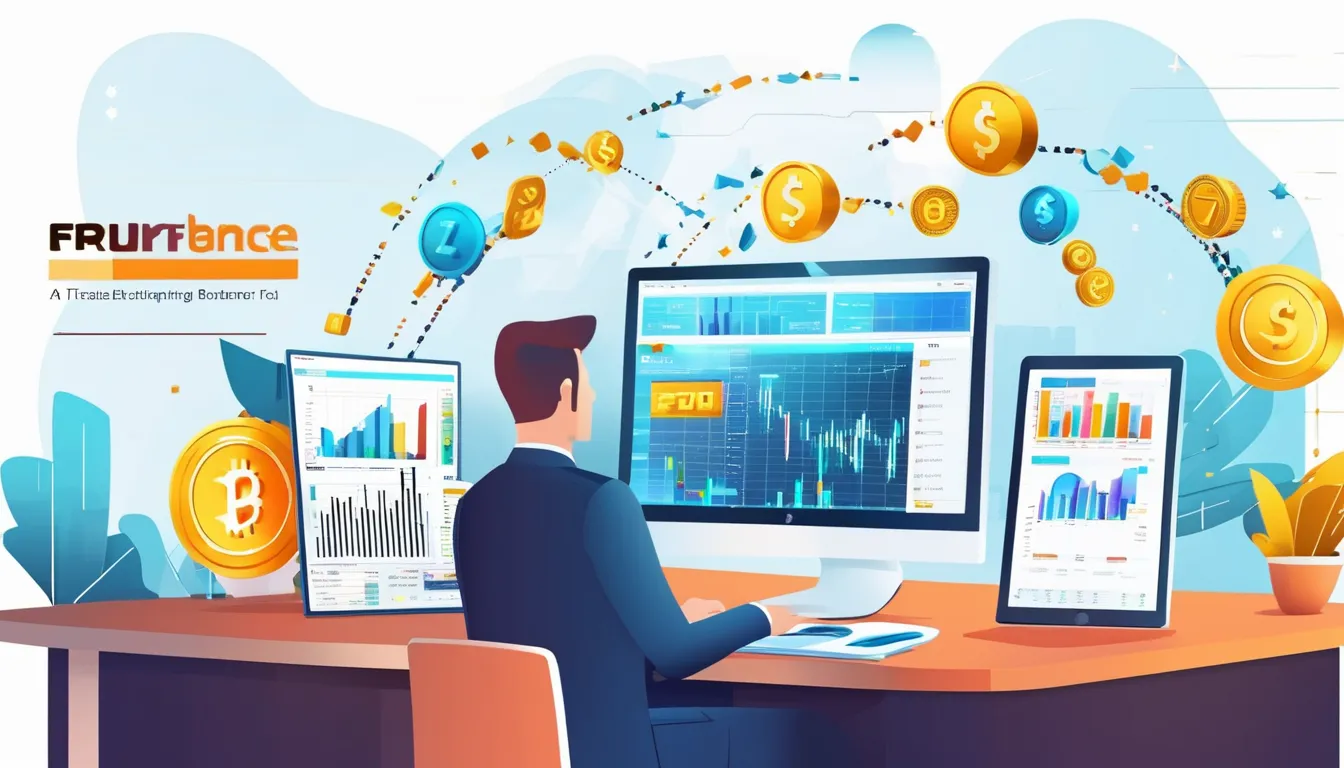In today s aggressive business landscape, personalized selling strategies are more monumental than ever. One such approach is 1 on 1 merchandising, which focuses on building point relationships with somebody customers. This method acting allows businesses to shoehorn their messaging, offers, and interactions to meet the unusual needs of each guest. Below, we explore the key benefits of internet marketing and why it s a game-changer for businesses.
What Is 1 on 1 Marketing?
1 on 1 merchandising, also known as one-to-one selling, is a strategy where businesses wage with customers on an person tear down. Instead of comprehensive, generic campaigns, companies use data and insights to deliver personalized experiences. This go about fosters stronger connections, increases customer trueness, and drives high changeover rates.
Why 1 on 1 Marketing Matters
Traditional merchandising often treats customers as part of a large group, which can lead to impersonal interactions. 1 on 1 selling shifts this dynamic by prioritizing individual preferences and behaviors. Here s why it matters:
- Builds Trust: Personalized interactions make customers feel valuable.
- Increases Engagement: Tailored content captures aid more effectively.
- Boosts Retention: Happy customers are more likely to stay ultranationalistic.
- Enhances Conversions: Relevant offers lead to higher gross sales.
Key Benefits of 1 on 1 Marketing
Implementing a 1 on 1 marketing strategy offers many advantages for businesses of all sizes. Let s dive into the top benefits:
1. Personalized Customer Experiences
Customers appreciate when brands understand their needs. By leveraging data such as buy in story and browsing conduct, businesses can produce customised recommendations and offers. This rase of personalization enhances gratification and strengthens stigmatise trueness.
2. Higher Return on Investment(ROI)
Targeted marketing efforts reduce wasted resources. Instead of disbursement on bird’s-eye campaigns that may not vibrate, businesses can focus on high-value customers. This preciseness leads to better conversion rates and a high ROI.
3. Improved Customer Retention
Retaining present customers is often more cost-effective than getting new ones. 1 on 1 marketing nurtures long-term relationships by addressing somebody concerns and preferences, reduction rates.
4. Enhanced Data Collection
Personalized interactions give worthful customer insights. Businesses can track preferences, feedback, and behaviour patterns to rectify their strategies endlessly. This data-driven approach ensures more effective marketing decisions.
5. Competitive Advantage
In thronged markets, standing out is crucial. Companies that surpass in 1 on 1 selling specialize themselves by offering unique, client-centric experiences. This can set them apart from competitors relying on generic wine tactic.
How to Implement 1 on 1 Marketing
To with success adopt 1 on 1 selling, businesses should watch these stairs:
- Collect Customer Data: Use CRM tools, surveys, and analytics to tuck insights.
- Segment Your Audience: Group customers based on demeanour, demographics, or preferences.
- Create Personalized Content: Tailor emails, ads, and offers to individual needs.
- Leverage Automation: Use AI and marketing automation tools for scalable personalization.
- Measure and Optimize: Continuously analyse results and correct strategies.
Challenges of 1 on 1 Marketing
While extremely effective, 1 on 1 merchandising comes with challenges:
- Data Privacy Concerns: Customers may be wary of share-out personal selective information.
- Resource Intensive: Requires time, engineering, and versatile personnel department.
- Scalability Issues: Maintaining personalization at scale can be ungovernable.
Final Thoughts
1 on 1 selling is a powerful strategy that transforms how businesses wage with customers. By direction on individual needs, companies can build trust, increase loyalty, and drive growth. While


